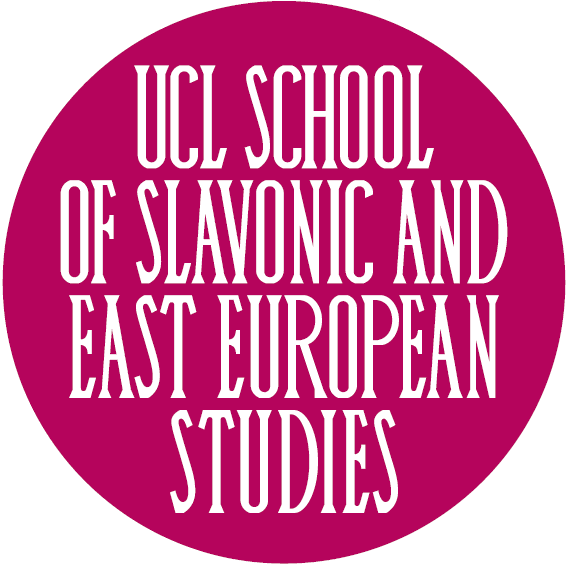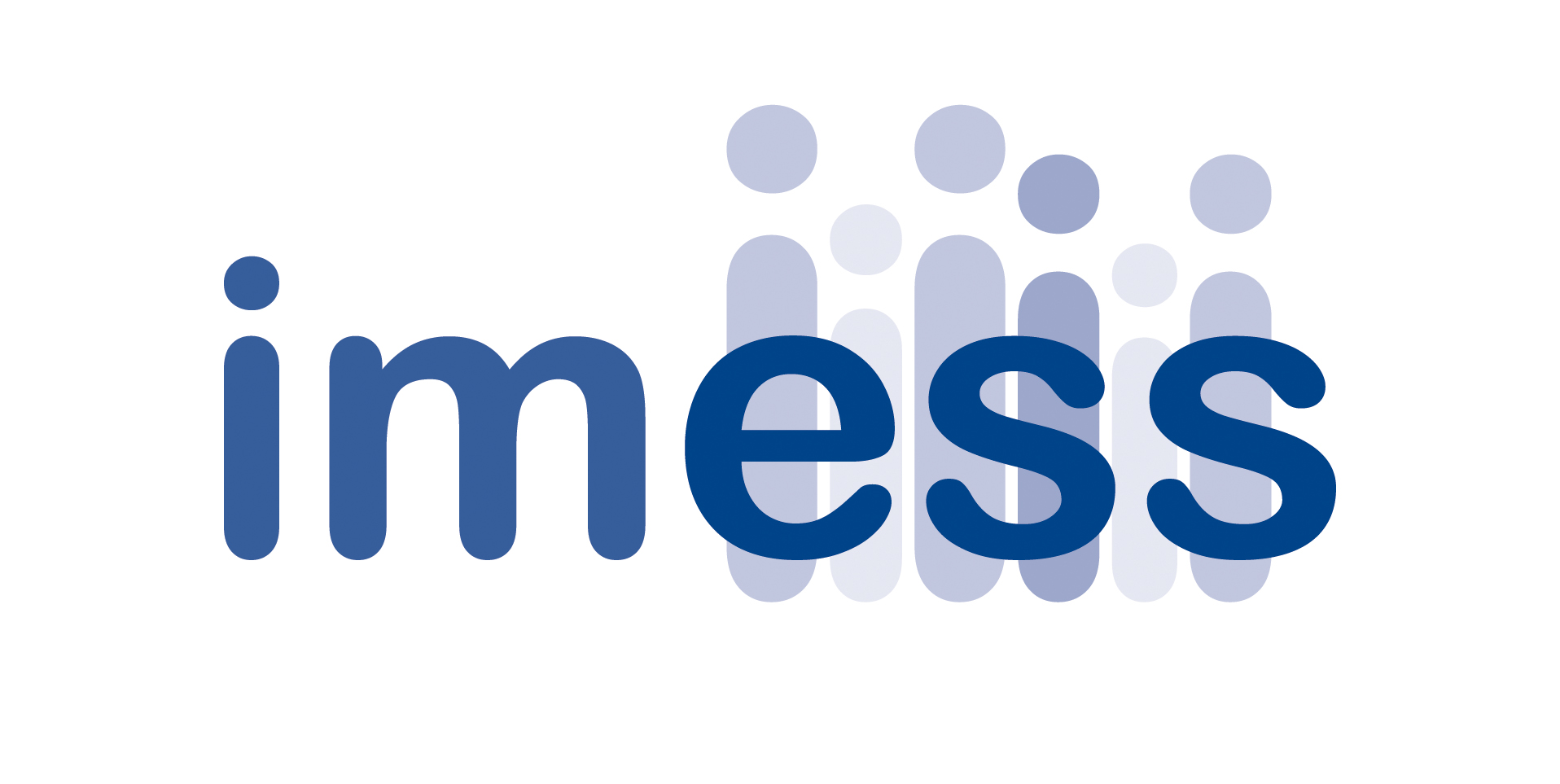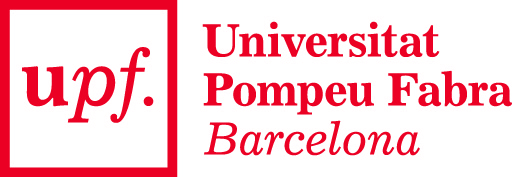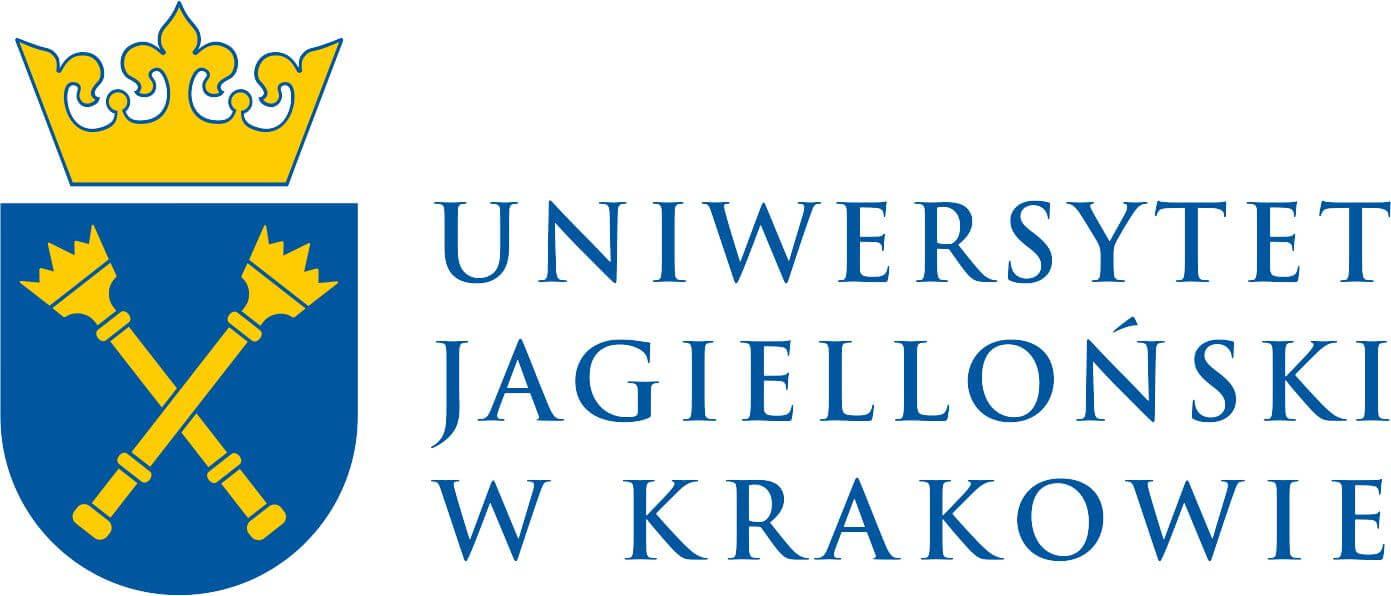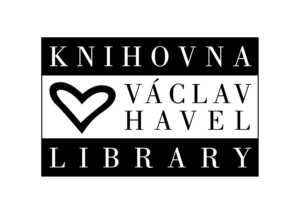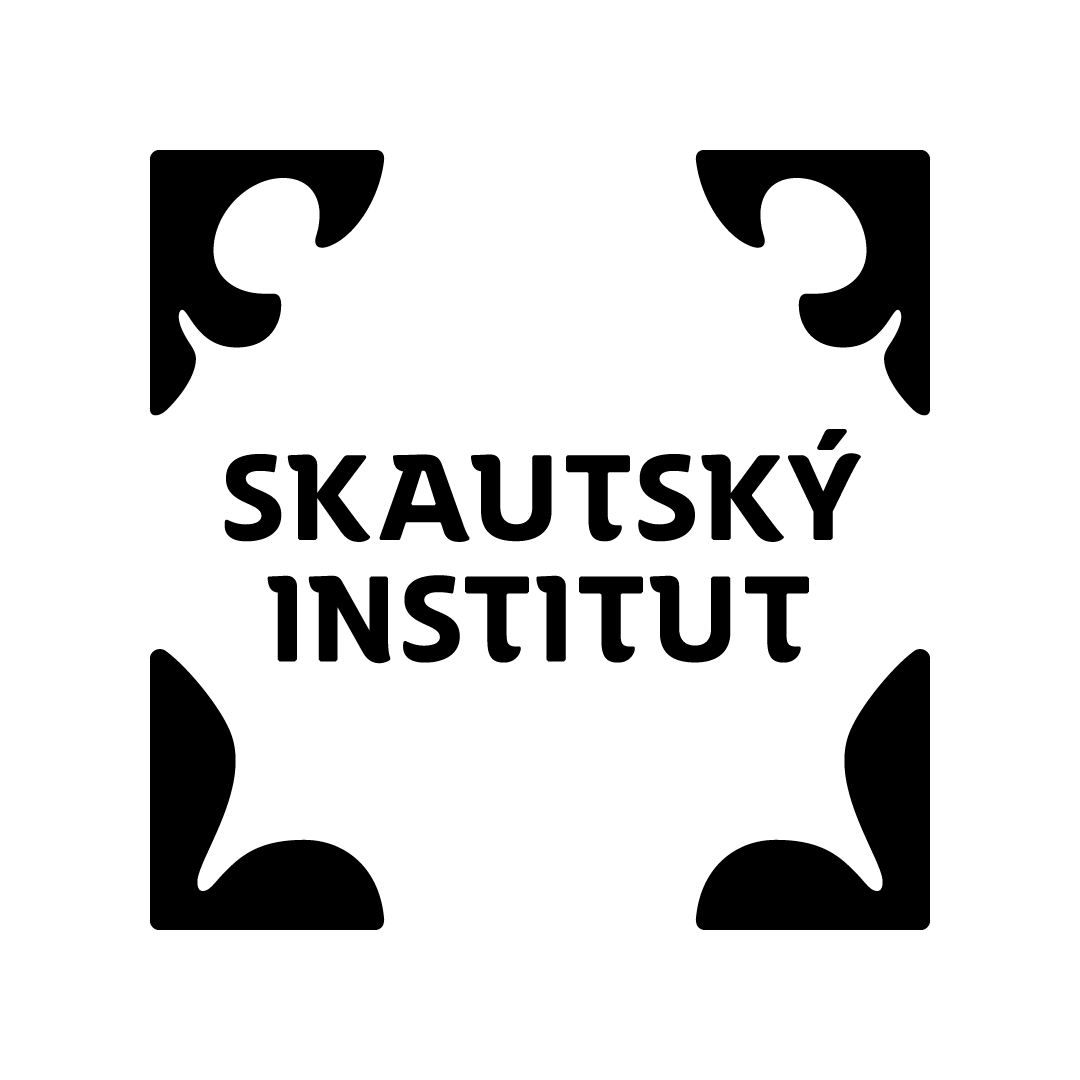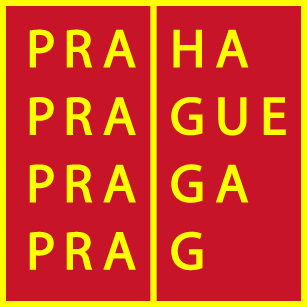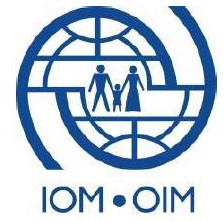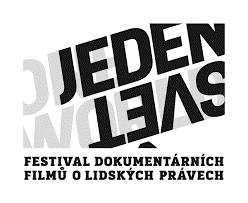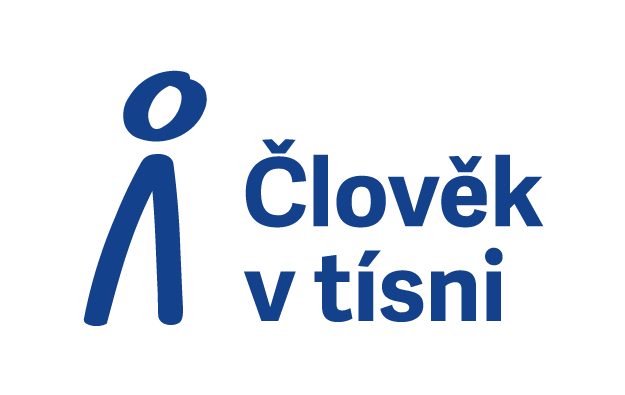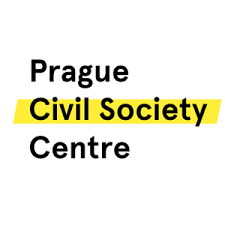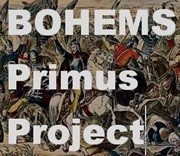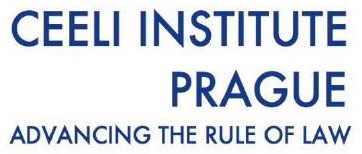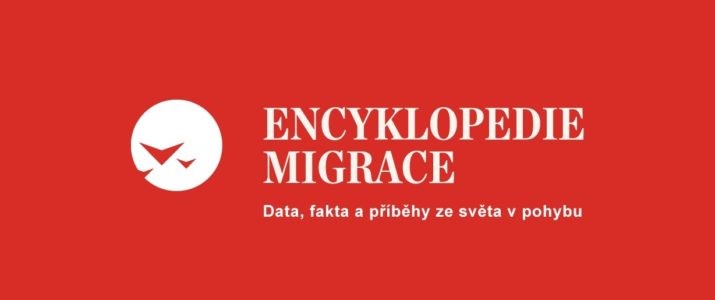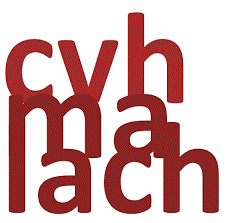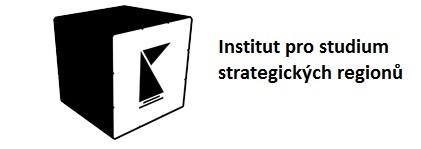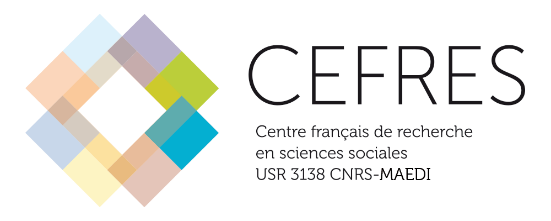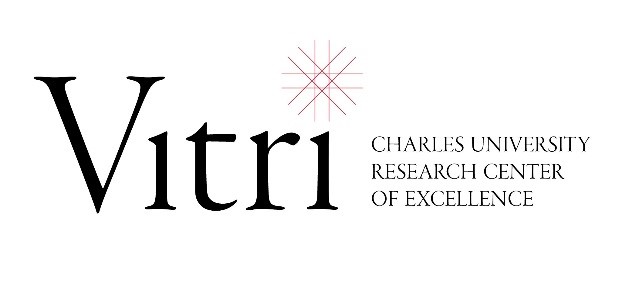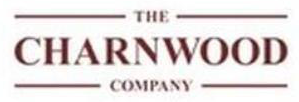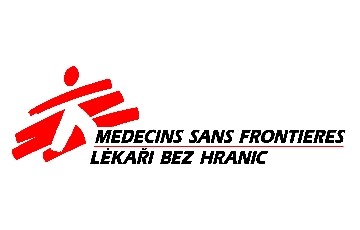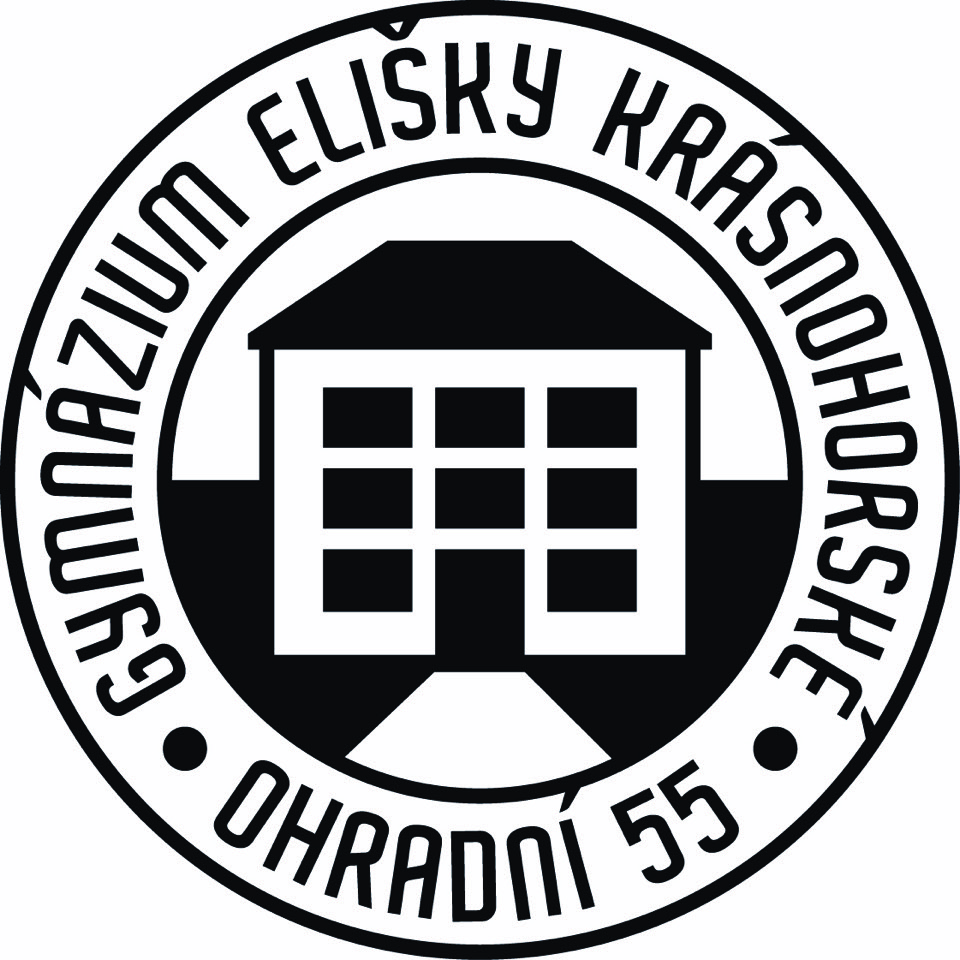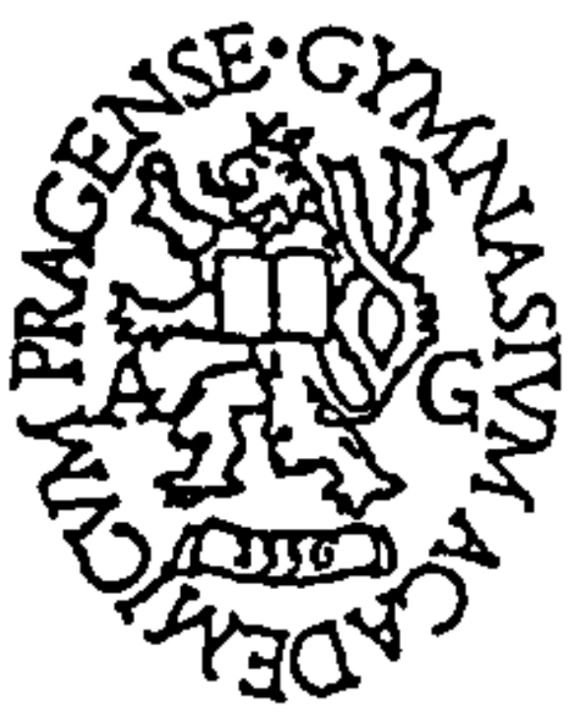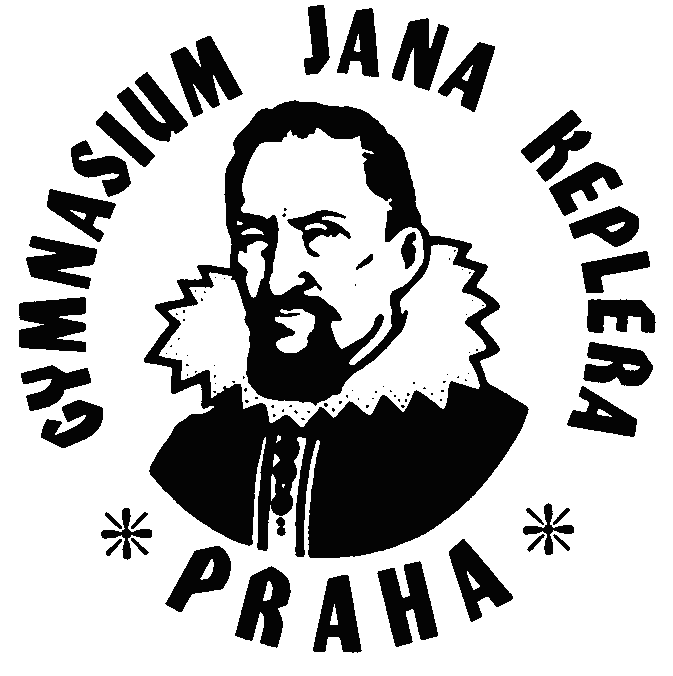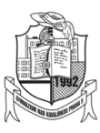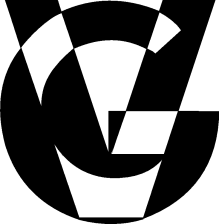Full-time Ph.D. student position in Prague for the ERC-funded project

Full-time Ph.D. student position in Prague for the ERC-funded project
Full-time Ph.D. student position in Prague for the ERC-funded project on military alliances and collective defence (MICROCODE)
Type of position: Full-time Ph.D. student
Start date: September 1, 2025
Duration: 42 months full-time employment with salary + 6 months stipend for finalizing the dissertation thesis
Institution: Peace Research Center Prague / Institute of International Studies, Faculty of Social Sciences, Charles University (Prague, Czech Republic)
Salary: 2,500 EUR / month (plus social and health insurance)
Application requirements: 1) CV; 2) writing sample; 3) 1-page motivation letter
Deadline for applications: January 6, 2025
We are seeking a highly motivated candidate for a full-time Ph.D. student position funded by the prestigious European Research Council (ERC) Starting Grant project “Microfoundations of Collective Defence” (MICROCODE). The MICROCODE project aims to initiate a new research agenda in the study of military alliances and collective defence that puts the relationship between public opinion and elite decision-making at the centre of the analysis.
Building on insights from experimental political science, international relations, sociology, and political psychology, the team behind this project aims to investigate the microfoundations of collective defence as a three-stage process guided by distinct yet interrelated research questions: (1) how individuals in allied countries form their attitudes towards defending allies; (2) how these attitudes aggregate to form public opinion shaped by cues from social peers, experts, media, and politicians; and, ultimately, (3) when and how public opinion influences views on collective defence among the decision-makers in allied states. The ambition of the research team is to conduct an extensive, cross-national investigation in key NATO member states, employing novel immersive mixed media (video, sound, pictures) survey experiments, elite interviews, focus groups, and other quantitative and qualitative methods.
More information can be found here


